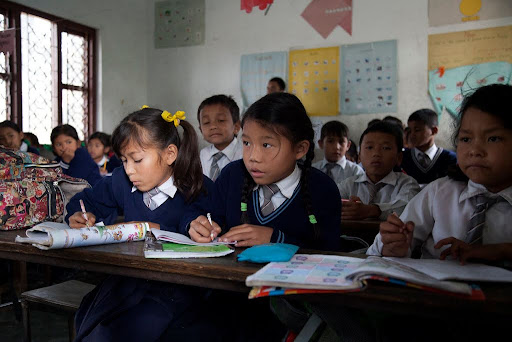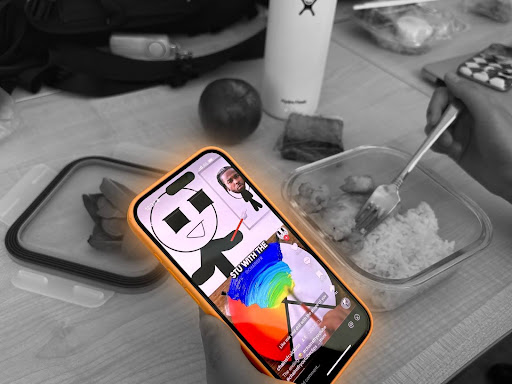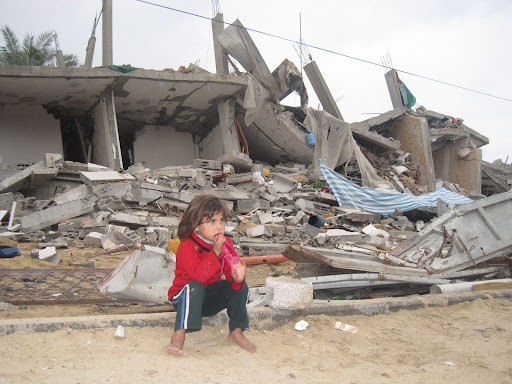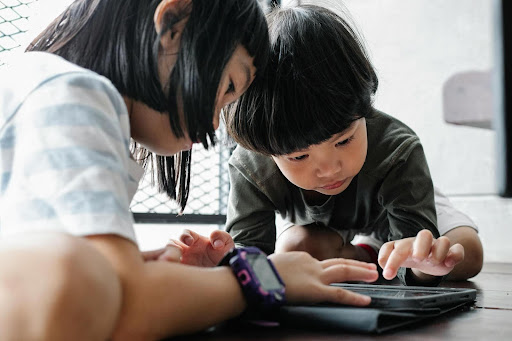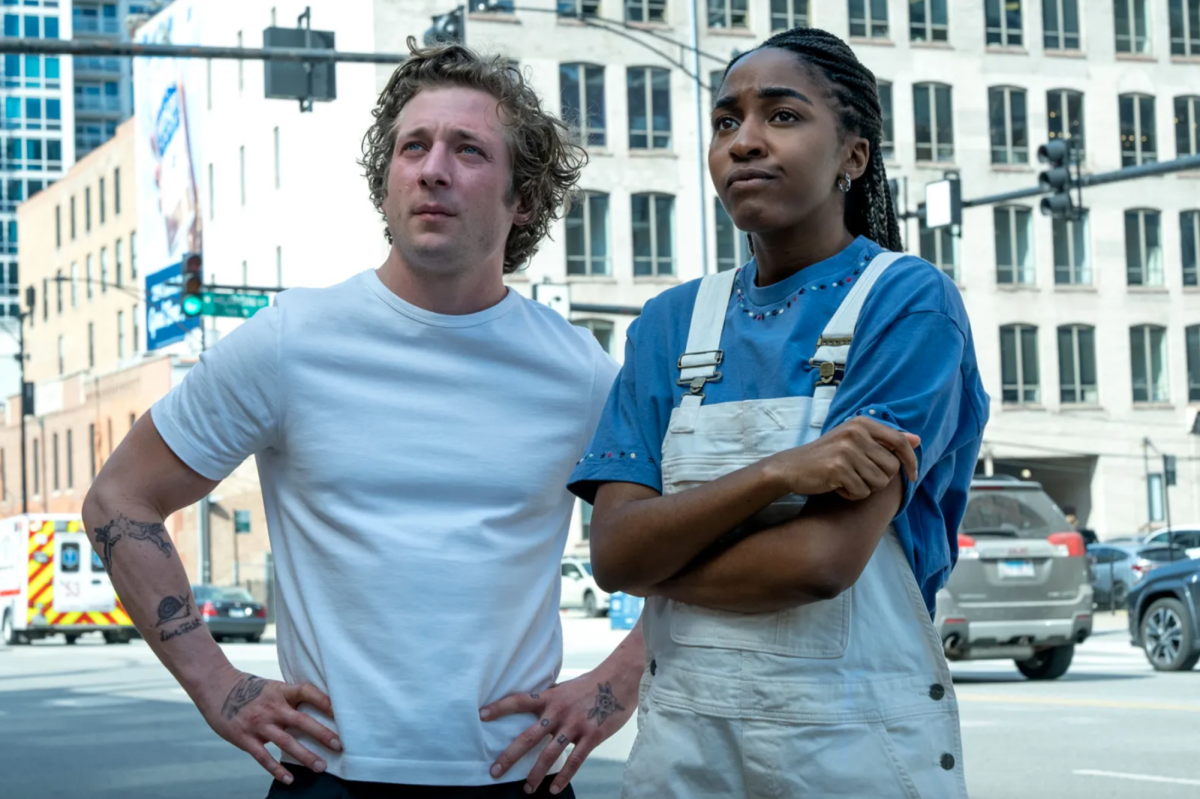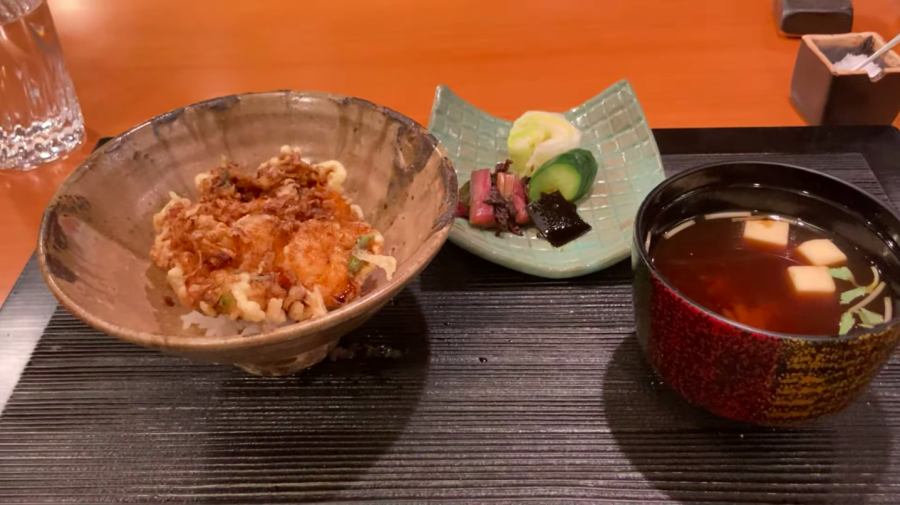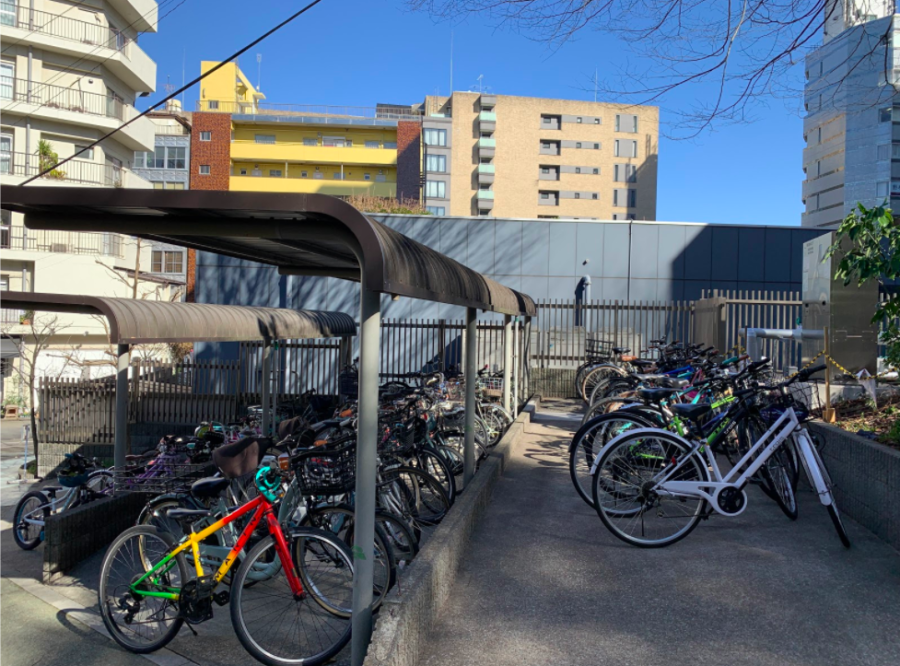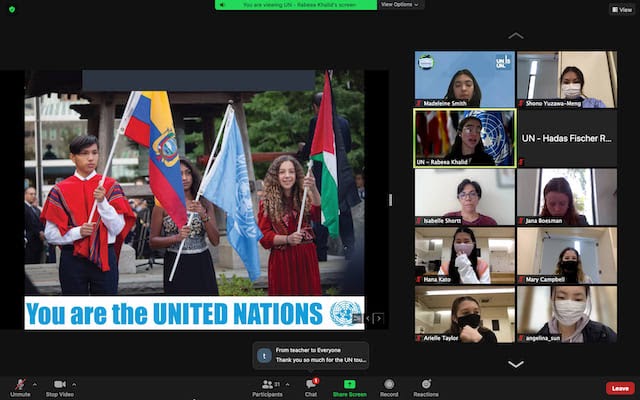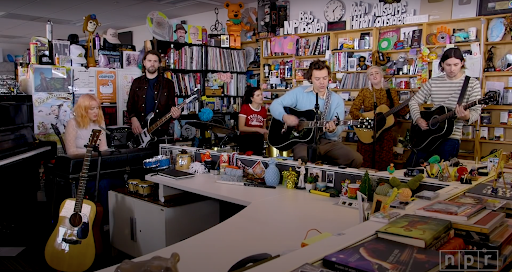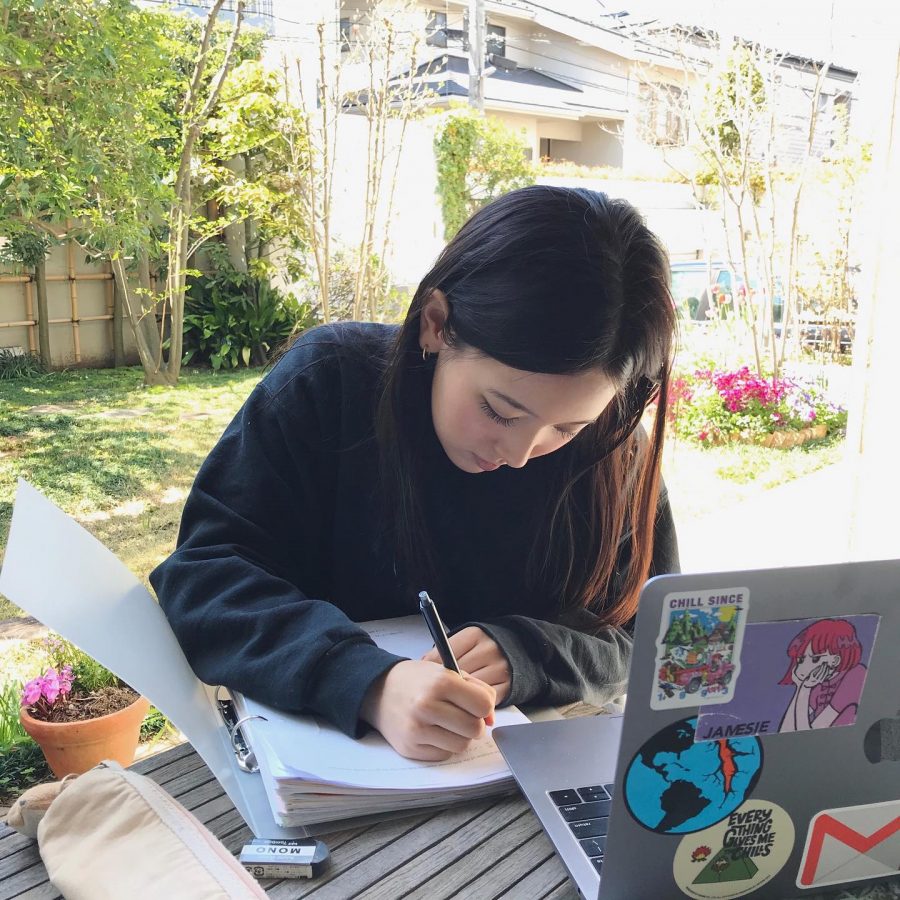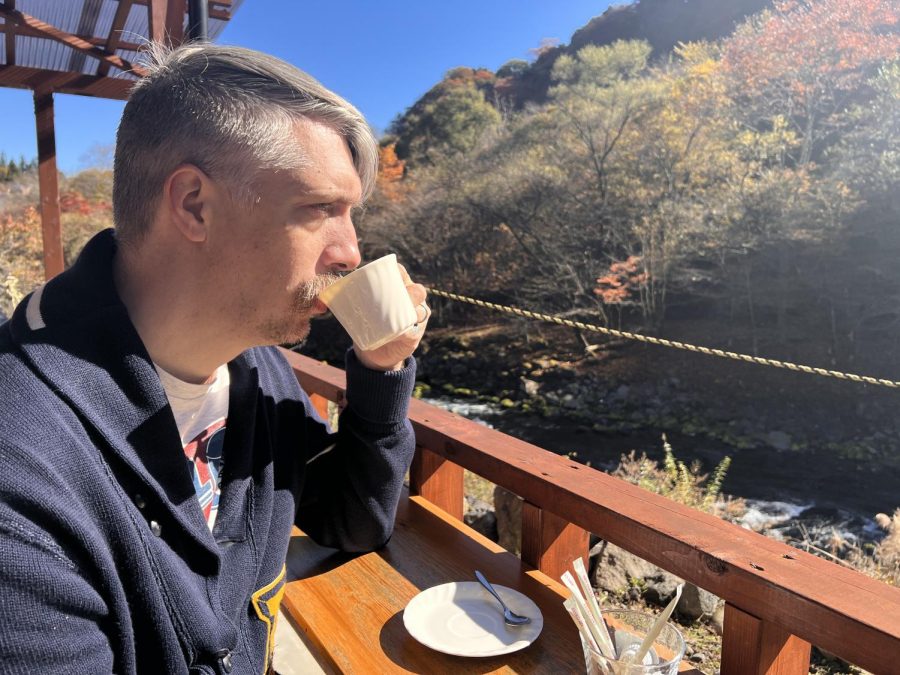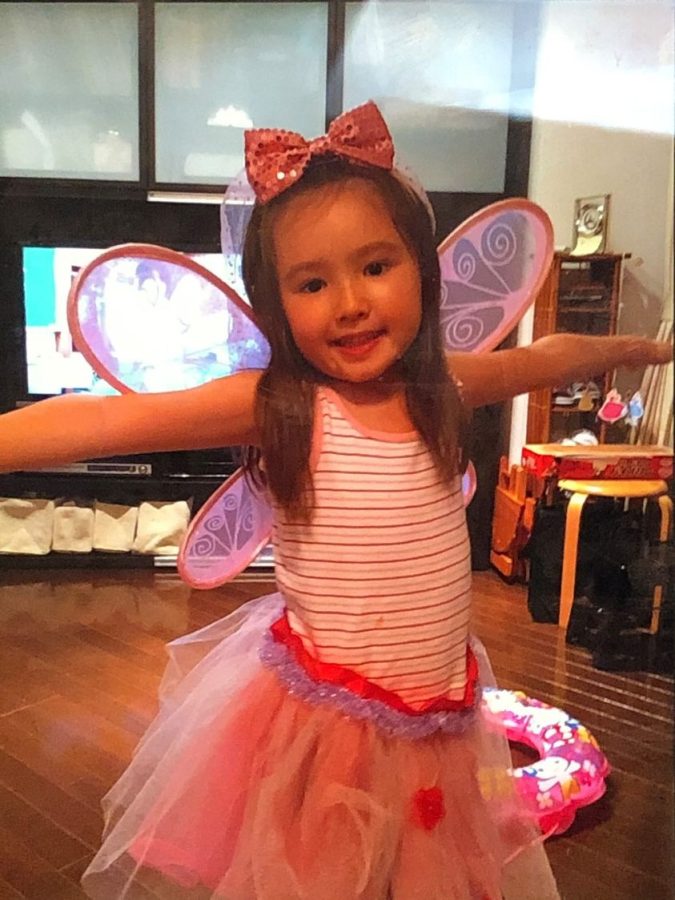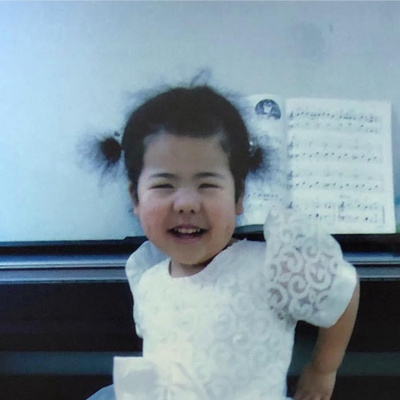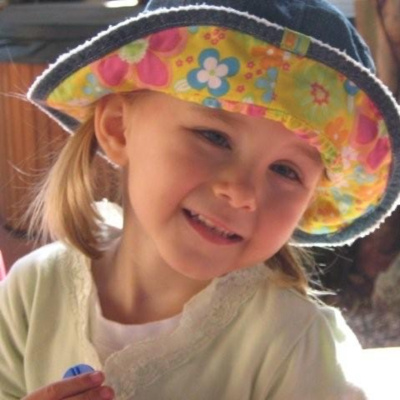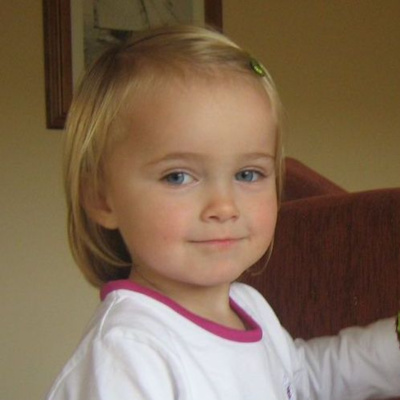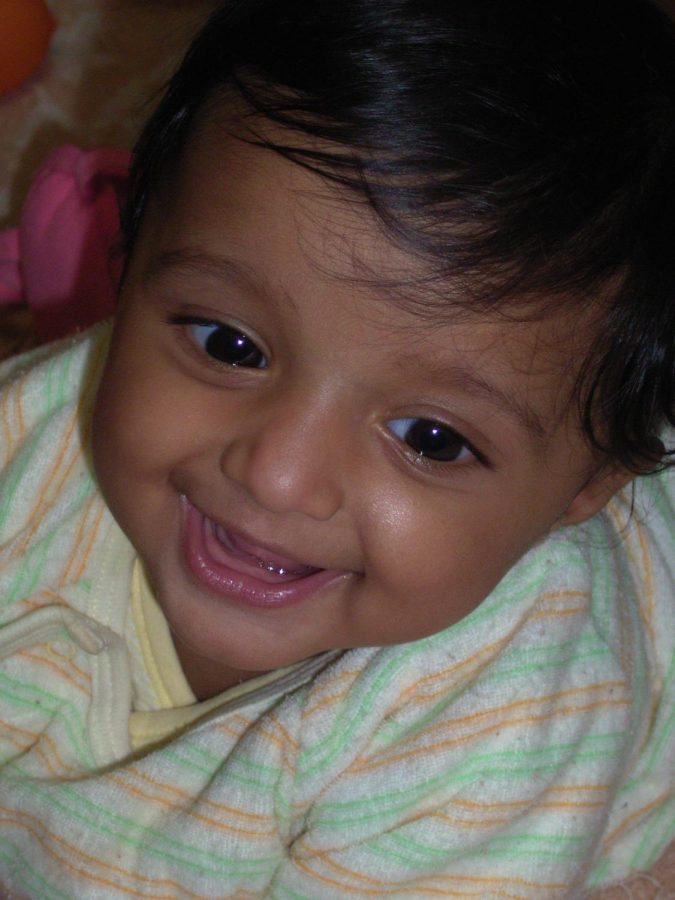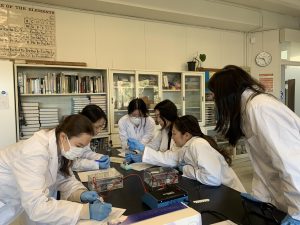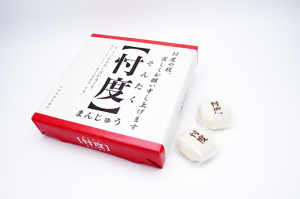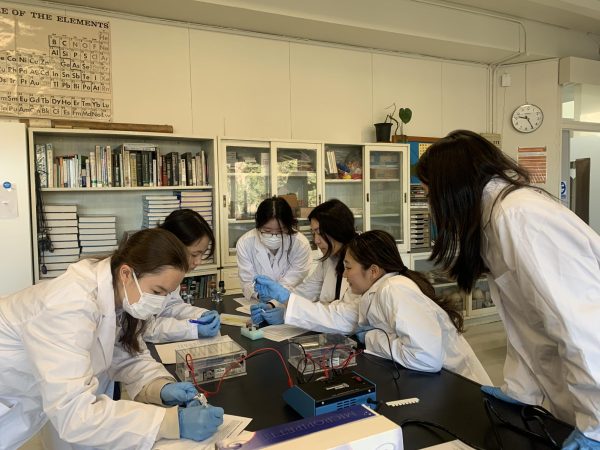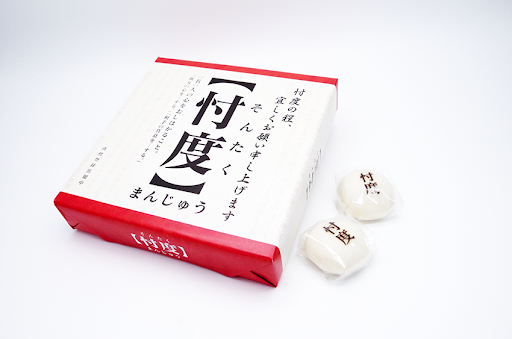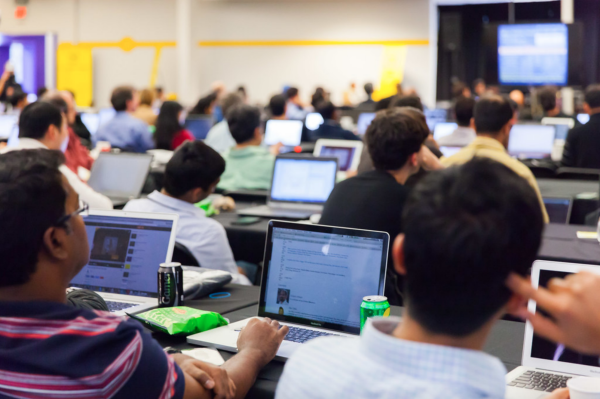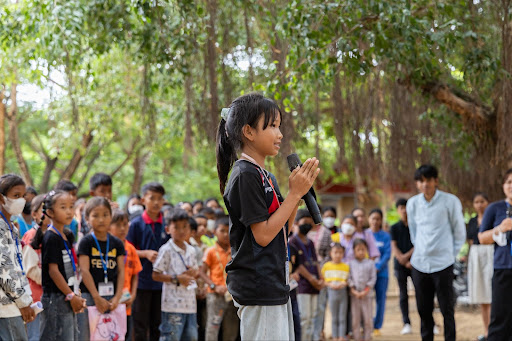Parenting while e-learning
Interview with Mr. Eyre and Ms. Spentzos
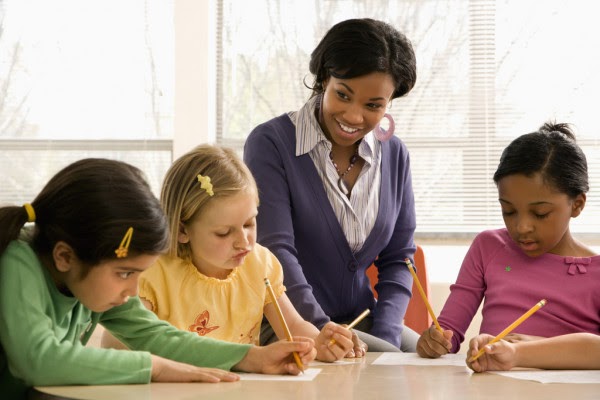
“Teacher Helping Students” by Depositphotos
December 16, 2020
E-learning was a major challenge not only for students but for teachers as well. My father, a university professor, often grumbled about the unfamiliar situation as he had so much more work to do than usual. Being a passionate gamer, he lamented that he had absolutely no time to play the new video games he bought. However, as days of online-teaching continued, I came to realize that he had less time to spend with me and my family, not only with his hobbies. Although we were under the same roof for a longer period of time than before quarantine, we barely saw each other’s faces.
This was how I came to wonder about the struggles of teachers who have to do both parenting and teaching during times when school is in session but not on campus. In fact, there were over 10 teachers who were in this situation.
Mr. Eyre and Ms. Spentzos kindly agreed to share their experiences.
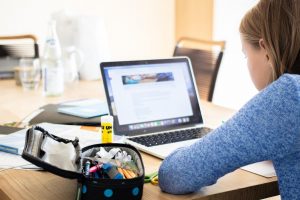
Overall, how did you feel about managing both e-learning and parenting at home?
Mr. Eyre: It was very difficult at times, and at other times it got into a routine I worked, but then that could change quite quickly. So it was always in a state of flux. It was very variable. It could be stressful, but I had to adopt the attitude of “Ok, there’s nothing I can do to change this, so I have to make the best of it.” I was very lucky that my high school classes were extremely good about getting on Google Meets and participating, so it made that side of the experience really pleasant.
Ms. Spentzos: We found it a very challenging time. I talked to Mr. Nicholson about this, so I’m kind of providing answers from both of us. We felt constantly conflicted because we couldn’t focus fully on either our child or our job, so there were sacrifices that had to be made in both cases. And just a little bit of background: my daughter attends Japanese elementary school, and it didn’t offer any e-learning. She was just given a paper packet and told to “do this.” She finished it in two days, so for those three months, she didn’t have much else. Minato-ku did offer some online drills for grades 1 to 6 but they weren’t specifically aimed at her level. She also needed parental guidance so basically, we needed to come up with a full day’s work for her to keep her busy.
When specifically did you feel the challenge?
Mr. Eyre: My wife was working in one room, I was working in another, and my son was working on a laptop in another room doing his e-learning, but he was only 7 at the time, so he needed a lot of help with what to do. My daughter is 5, and was just wanting to run around, thinking it was like a holiday! I had to sometimes ignore them, and that was really challenging. Also, it was really challenging because my wife was at work at home as well, and she needed to work right through the day, whereas I could be looking after the children if I wasn’t teaching. What that meant was that I didn’t get any (e-learning) preparations or grading done during the daytime, so I had to do them during nighttime or in the early morning.
How did you manage or split work with your partner?
Ms. Spentzos: Both my husband and I worked full-time here (at school), so that was a challenge in itself. It wasn’t just that we were responsible for her studies but also her emotional and physical well-being; all the things that school usually takes care of. We took her out to exercise; we made lunch for her. Mr. Nicholson took care of her music and sport, and I took care of her math and language. We prioritized those subjects because we couldn’t fit everything in. Like most children, she had good days and bad days, and sometimes she worked well with us, and sometimes she said we were stricter with her than her school teacher! She really missed the lively classroom environment and socializing with her friends.
How did e-learning affect the time you spend with your child?
Ms. Spentzos: We all got very used to being around each other constantly. I read all these news stories that said being quarantined would drive us crazy, but it didn’t. We enjoyed being around each other, and we grew very close in that time. I want to make two points because I think this is a really important question.
First, my daughter has a pretty good idea of her dad’s job because she’s been to all these music concerts since she was little, but she didn’t really know what I did. While I was teaching my ESL students, she was captivated by the novels that we were discussing. She was also interested in all sorts of Science concepts. She often sat beside me and just learned along with my students. She said, “Mom, I can’t wait to be in ESL when I come to your school.” She was so motivated because we discuss things in a way that Japanese schools don’t.
My second point is also about something my daughter gained during this difficult time. We took her to libraries and she read constantly over these three months. She became an avid reader during this time and has remained so. I feel like if I could find a silver lining in this situation, that was a definite one for us. Not everything was negative.
How do you think other teachers with children felt about the situation?
Mr. Eyre: I’ve talked to other teachers about this topic, and generally, we just laughed and were like, “What can you do? Being upset about it isn’t gonna change it.” And some of the crazy moments were the funniest. When it’s really busy and you’re just overwhelmed, one of the kids does something really funny, and you just be like “Oh, yeah, there we go!” and we just laugh about it.
What is something new, as a parent, that you have learned from this experience?
Mr. Eyre: I learned that my children are amazing and they can adapt to new circumstances, and young adults can, too—that’s not as a parent, but as a teacher. They are very resilient and able to accept and embrace change. I also learned that they love making crazy smoothies every afternoon with me. I found these cool recipes for healthy snacks so we would make those every day at 15:30 and that was really fun. I learned that it’s so important for kids to have time away from their parents and be with their friends as well. It’s fantastic spending so much time with them, but it’s also really important that they get the chance to be with their peers. My daughter kind of started regressing, seeming younger again, because she was relying on us for so much—but she’s back to normal now! It was just because all the routines changed. I think my daughter had a pretty good idea of the situation, but they (the children) didn’t quite understand what really was going on.
Ms. Spentzos: I think we need to make a very clear delineation between our personal life and work life. The lines were often blurred during e-learning and it was confusing for our daughter and also stressful for us. No parent is comfortable prioritizing their job over their child; we didn’t want to ever feel like that. I hope both the workplace and the government can put measures in place to account for the difficulties working parents have in emergencies like this. There were a lot of working parents in Japan, and I don’t know how they managed! We were lucky, but if we’d both had to go to work and she was at home, I don’t know what we would’ve done.
Another very important thing — and this is from Mr. Nicholson — is that in being able to view the whole e-learning experience from the parents’ perspective as well as the teachers’, we developed a more sympathetic attitude toward our own students’ parents. As a result, we tried very hard to make our online assignments more student and parent-friendly. I think it was good to have both those perspectives.

